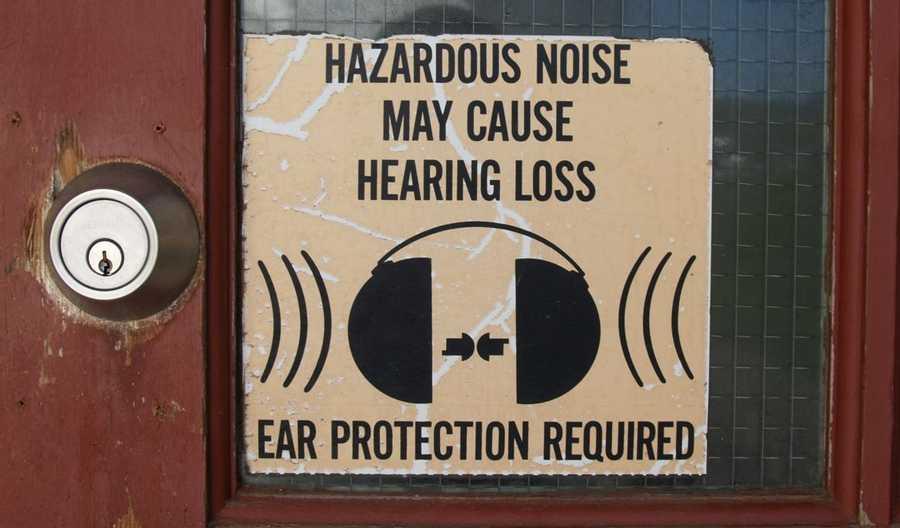The Power of Silence: Why You Need Less Noise for Work and Your Health
Curated from: zapier.com
Ideas, facts & insights covering these topics:
6 ideas
·13.1K reads
100
Explore the World's Best Ideas
Join today and uncover 100+ curated journeys from 50+ topics. Unlock access to our mobile app with extensive features.
Noise is bad for health
It increases blood pressure, increases stress, disturbs our sleep.
And more importantly, it is linked to our bad mental health. It's why we don't have schools in the vicinity of airports anymore.
330
4.43K reads
"In most workplaces, focused work is left to chance.If nobody's called you for a meeting that day, you might get an afternoon to yourself."
OLLIE CAMPBELL
251
3.09K reads
Silence for relaxation
Silence is more relaxing than relaxing music.
In an experiment, the silence was used as a control between the different relaxing music clips. But the two-minute silent pauses between the music actually proved more relaxing on the brain.
348
1.47K reads
2 types of everyday "bad noise"
- Excessive noise: the prolonged loud noise.
- The distraction of general noise around us: conversations or interruptions from colleagues in the workplace.
The former may seem worse, but both can be detrimental to our productivity—and sanity.
277
1.31K reads
Best Work is done in Silence
Silence allows us to think about new solutions to problems, and to stick to our plans long enough to reach our goals.
According to psychologists, spending time in silence is when we are most creative.
376
1.34K reads
IDEAS CURATED BY
Zachary 's ideas are part of this journey:
Learn more about health with this collection
Different types of fasting
How fasting can improve your overall health
How to prepare for a fast
Related collections
Similar ideas
5 ideas
Why Silence Is So Good For Your Brain
huffpost.com
7 ideas
7 Benefits of Silence: Why We Need Less Noise
whisperroom.com
Read & Learn
20x Faster
without
deepstash
with
deepstash
with
deepstash
Personalized microlearning
—
100+ Learning Journeys
—
Access to 200,000+ ideas
—
Access to the mobile app
—
Unlimited idea saving
—
—
Unlimited history
—
—
Unlimited listening to ideas
—
—
Downloading & offline access
—
—
Supercharge your mind with one idea per day
Enter your email and spend 1 minute every day to learn something new.
I agree to receive email updates




